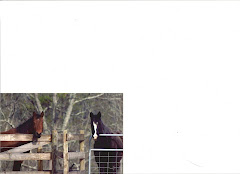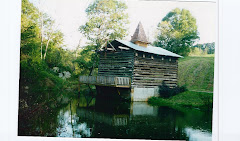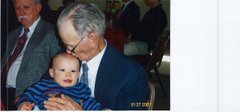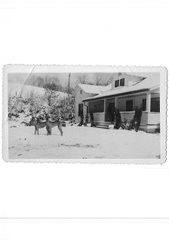The memories of my early awakening to faith are still sharp and sweet. Raised in small country Baptist churches, I was taught by example, by sermons and teachers what being a Christian meant. At nine years of age, I told my parents I wanted to become a Christian and join the church. My daddy believed strongly in the Baptist principle of the age of accountability for children. He did not approve of childhood evangelism nor pressuring children to join the church. It was difficult for him to imagine that I was ready, that I understood what I was asking. So he required me to wait until I was twelve. The first Sunday after I turned twelve, I marched down the church aisle, shook Brother Kannon’s hand and made my first public profession of faith. Believers baptism, immersion for Baptists like us, and my first Lord’s Supper stand out in my faith memory scrapbook as clearly now as if it were yesterday. I had entered into the full fellowship of the larger church and was now deemed a member with all the rights and responsibilities attached to this privilege. Fifty four years later I am still a Christian, privately and publicly.
I’ve been intrigued with the results of a recent Pew Forum study on matters of faith and religion among the young, the millenial generation. Only 20% attend church but 75% believe in an afterlife. They feel alienated from religious institutions on both sides of the spectrum, liberal and conservative, that they view as too political. And one of the most interesting facts for me, the retention and growth rate for young people among evangelical churches outstrips mainline denominations. If I were a pastor or leader of a mainline denomination, I would be looking at the evangelical model and asking what they have that we don’t have.
I suspect the answers might be as simple as my experience in my little country church. I did not become a Christian because of a public stand taken by my pastor or church on an issue. I became a Christian because I was loved and taught the basics of the Christian faith by a family of faith that was committed to nurturing their young and witnessing their faith in language and life. The concept of a home church was very real for me as a child, teen, young adult and through the rest of my life. Faith was rooted in community and common belief. The personal experience of faith that flowers on the framework of our original source, the Bible, however one chooses to interpret it, seems to set the evangelical tradition apart from the more liberal expressions of Christian faith.
Much as I disagree with some of the traditional evangelical theology, I have experienced in my journey the power of the personal expressions of faith that are a hall mark of this tradition. Testimonies, verbal and lived out, charity at home and abroad, worship with feeling, a sense that one’s individual self matters to the Creator of All...I can understand how a generation raised on skepticism and computer screen realities would hunger for a skin faced experience of God. Most of us liberals are pretty wimpy and wishy washy about expressing our faith truths so no wonder our children are looking for someone who can and will speak from their hearts about a personal experience with God.
I teach a framing and matting class at our local community college. I am always amazed at how often conversation (without any help from me) turns to matters of faith. Thursday night our conversation centered on Lent and the practice of giving something up for Lent. In that room were conservative Christians who had never practiced Lent, liberal Christians who took Lent seriously, and some who were not affiliated with any faith system at all. It was fascinating and fun to hear folks speak what they believe(or not) with good humor and clarity. We have been gathering for eight weeks now every Thursday night so we know each others names, have grown to be a community centered on learning a skill, and in the process share much of our lives with one another. Sharing an essentially private experience, the practice of Lent, in a public setting led to a strengthening of those bonds.
Would to God our children can find that place, that community that will teach them, love them, be the Face of God in their lives whatever the denomination, whatever the politics of our secular nation, whatever the theology. I want my children’s children to have the sense of belonging to God, being a part of a church home where laughter and sorrow are shared, knowing others who live the life of a Christian, to be taught they are important and matter to the One who first loved us into being. I pray for each of them and for all the millenial generation that they will have a Clyattville Baptist Church in their lives, a church where they can be grown up in the faith. And as a part of my Lenten discipline, I will speak my private faith experience in public, sharing not only what I believe but also my joys and struggles and triumphs as a Christian.
Subscribe to:
Post Comments (Atom)









No comments:
Post a Comment